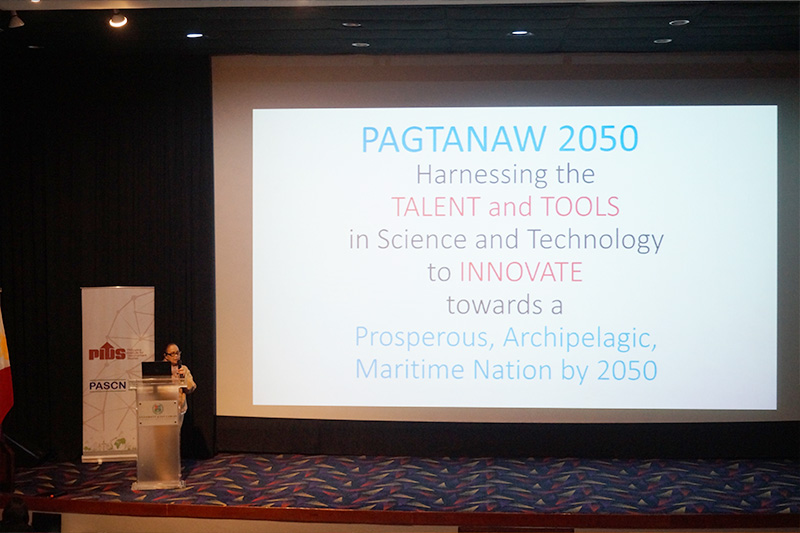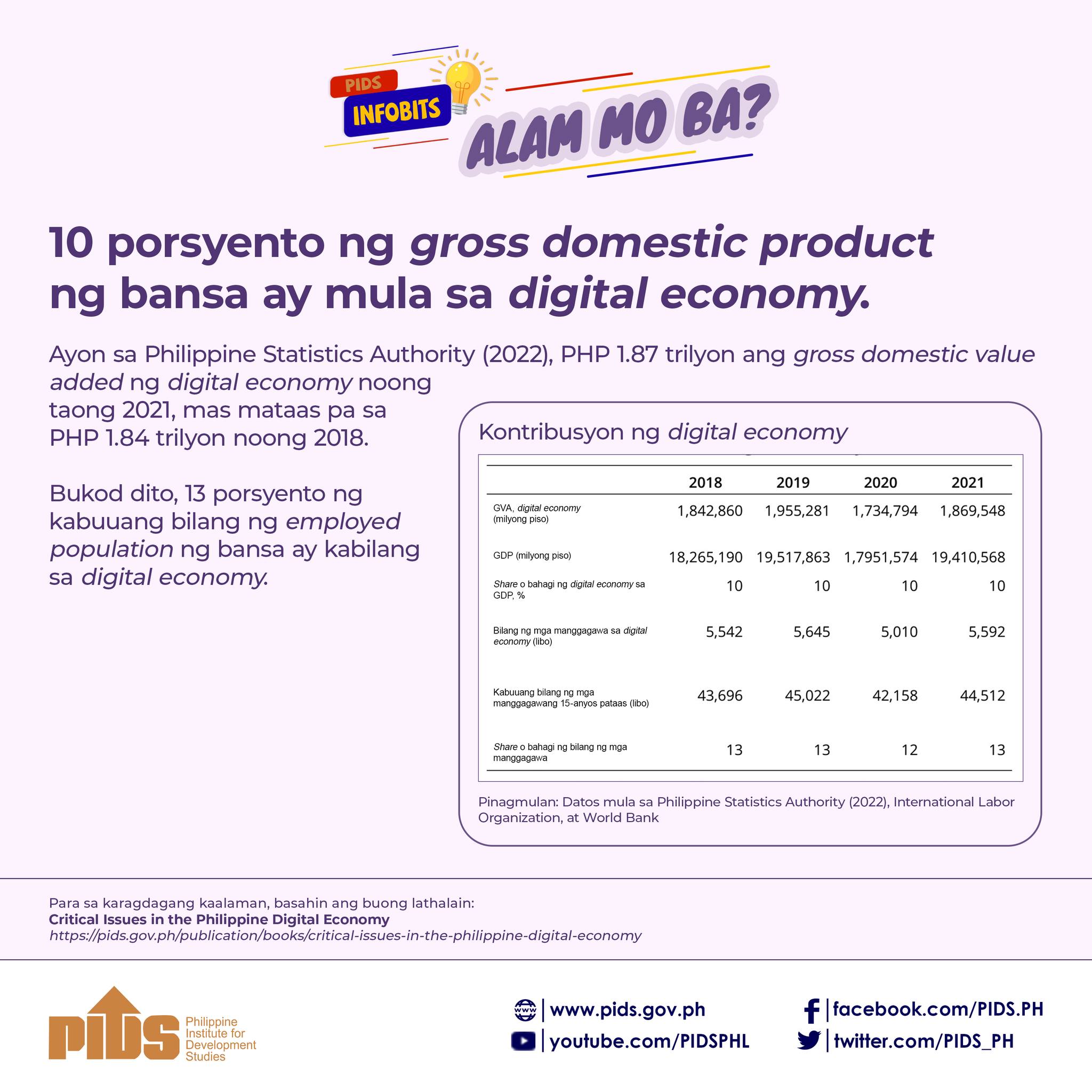The government can maximize the benefits of economic zones if they would be well integrated into the local economy and be flexible enough to allow a wider range of businesses. This meant strengthening "both the backward and forward linkages of the activities of (ecozone) enterprises by ensuring that rules are flexible enough to accommodate both exporters and non-exporters, and to allow a wide range of commercial and manufacturing activities,” according to a paper posted on the website of state think tank Philippine Institute for Development Studies (PIDS) and authored by Rosario G. Manasan. In the paper, Manasan stressed that ecozones were "considered an important economic strategy to boost export promotion, attract foreign direct investments (FDIs) and create employment opportunities for the local labor force.” While a few of these ecozones have failed to deliver such objectives, there are a good number of ecozones that proved to be a successful vehicle in attracting investments. Citing previous studies, the paper noted that the Philippine Economic Zone Authority (Peza) had been deemed as a "shining example of successful regulatory reform improving overall investment climate in the country, as its one-stop-shop model contributed to the improved competitiveness of registered enterprises by reducing the cost of doing business.” Peza, which operates four public ecozones and oversees about 304 privately operated ecozones, was also cited for its "creditable record in attracting FDIs,” which grew by an average of 23 percent yearly from 2006 to 2010. "Some analysts argue that if SEZs are really useful in providing a free trade environment to exporters, then these would have more limited relevance in the increasingly liberalized trade environment that we have today,” according to the paper. "A previous research, however, offered a different perspective. (It stated that) regional integration offered significant opportunities for economic zones in terms of expanding market access. … There may be potential for using zones to link up regional suppliers and leverage economies of scale in production,” it stated.
Benefits of integrating ecozones into local economy cited












